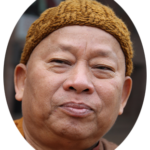
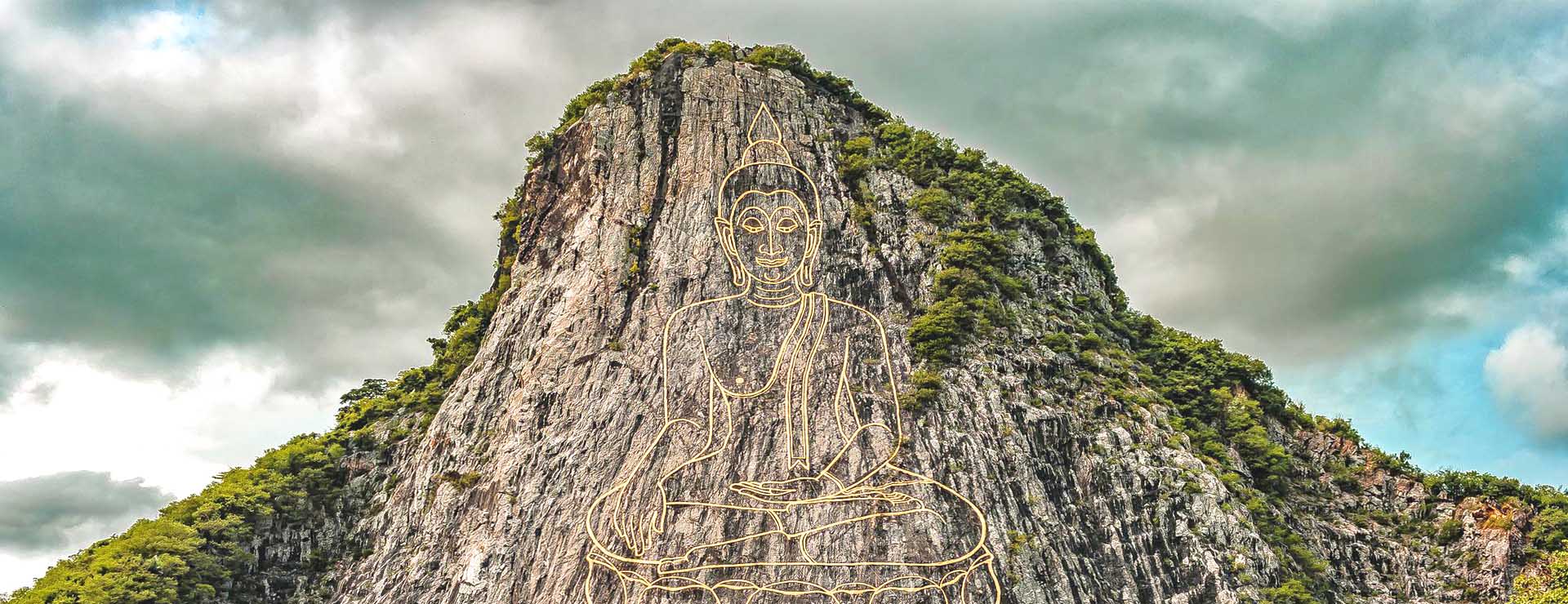
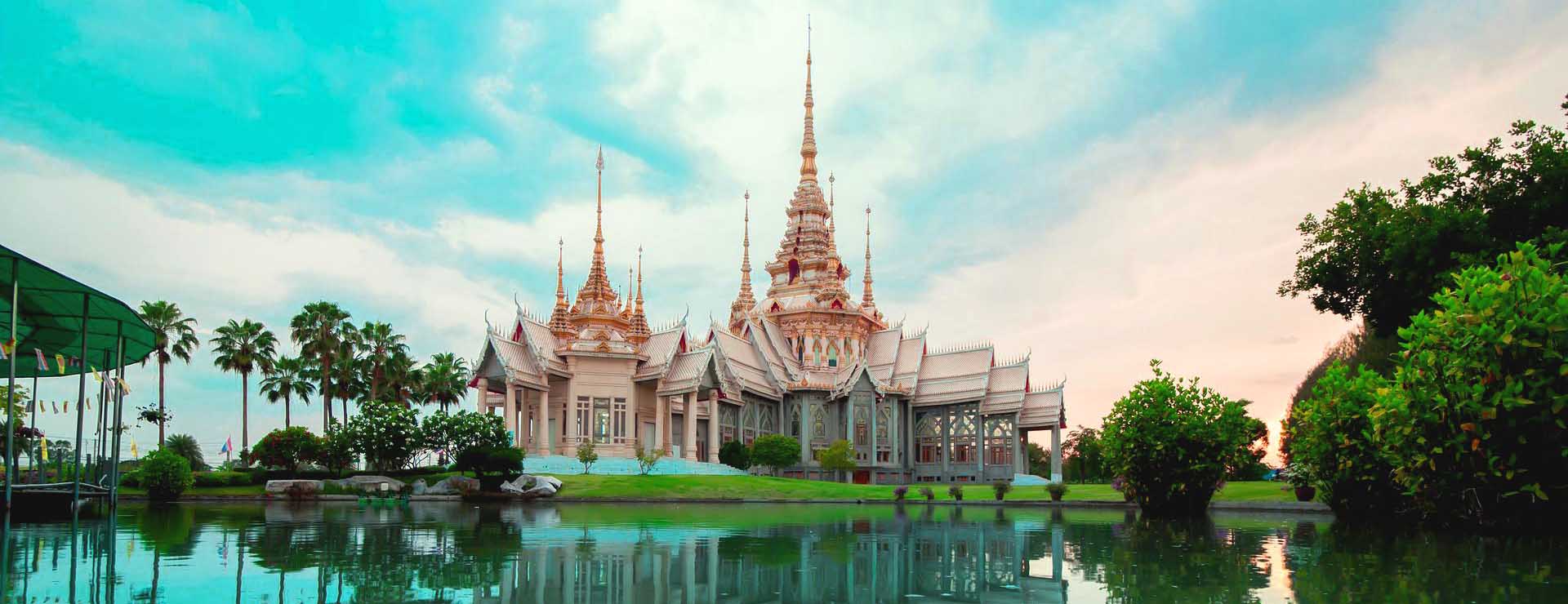
Update :

Early life
Prajnananda Mahathera was born on 1 February 1952 at Babuchara Village under Dighinala Upazila in Khagrachari district of present-day Bangladesh. His family name is Balendra Dev Chakma. His father’s name was Narendra Lal Chakma and his mother’s name is Indrapati Chakma. Mahathera is the youngest of their 4 sons. His father passed away when he was one year old. Mahathera’s family was difficult, however, he persuaded to succeed in study. He became teacher in his village after passing class five to support his family’s finance.
Education
Mahathera completed his primary education at a primary school in his village. After completion of his primary education his family was unable to continue his education due to poverty. He continued his education with some money he earned by tutoring small children near to his home. Thus he completed his Junior School Certificate. In 1965, at the age of 17 he went to Parbatya Chattal Bouddha Anath Ashram (Chittagong Hill Tracts Buddhist Orphanage) at Boalkhali, Dighinala built and managed by its Chief Abbot Jnanashree Mahathera. During his stay at this orphanage he completed his Secondary School Certificate examination from Dighinala High School in 1968. In the same year he ordained higher ordination as Bhikkhu.
In 1969, he went to Mirzapur Shantidam Vihara in Chittagong for higher education. He studied his Higher Secondary School Certificate at Nazirhat Degree College and then Hathazari College from where he successfully completed his HSC degree in 1972. In 1977 and 1978 he successfully completed his BA(Hons) and MA in Bengali Literature from the University of Chittagong. He also did M.A. in Pali Literature from the Dhaka University in 1980.
Social service and education
In 1974, while he was studying in the University of Chittagong, he took the charge of General Secretary of the Parbatya Chattal Bouddha Anath Ashram (PCBAA). In the same year, he began to establish another orphanage at Rangapani of Rangamati named Moanoghar with guidance and advice of his preceptor Jnanashree Mahathera, the founder and Chief Abbot of the Boalkhali Dashabal Raj Vihara and the Parbatya Chattal Bouddha Anath Ashram, and in consultation with some monks and lay devotees. To provide modern education to the orphan and destitute children he established the Moanoghar High School in 1980.
The Moanoghar NGO and Moanoghar Children’s Home are situated in Rangamati Municipality. The Moanoghar Children’s home is an institution developing human resources in Chittagong Hill Tracts. Mahathera served as the general secretary of this children’s home from 1974 to 2008. He served as the general secretary of the Parbatya Chattal Bouddha Anath Ashram from 1974 to 1986. In 1980, he founded Moanoghar Onath Ashram Abasik Bidyalay (“Moanoghar Residential School”) in Rangapani, Rangamati and Anath Ashram Abasik Uccha Bidyalay (“Orphanage Residential High School”) at Boalkhali under Dighinala Upazila in the Khagrachhari District of Bangladesh. He served as the Chairman of the Managing Committee of the Schools from 1986 to 2008.
Religious and social reform movement
Parbatya Bhikkhu Sangha Bangladesh is the Supreme Sangha Council and the oldest religious organization of the greater Chittagong Hill Tracts. The objective of this organization is to promote and spread the teachings of the great Buddha in Chittagong Hill Tracts as well as in the country for the “happiness and well-being of many”. This organization has been playing a unique role in preaching Buddhism and religious reform in Chittagong Hill Tracts. Mahathera served as the general secretary of this organization from 1978 to 1988. He also served as the president of Parbatya Bhikkhu Sangha since 2011 to 2014.
The Parbatya Bouddha Sangha Bangladesh is a Dhaka-based NGO. He took over the charge of the President of this NGO in 1987. He served as its president from the year 1987 to 1995, 1998 to February 2013.
…
ভদন্ত প্রজ্ঞানন্দ মহাথেরো রাঙ্গামাটি আনন্দ বিহারকে ঘিরে শুভ মাঘী পূর্ণিমাকে উপলক্ষ করে ‘ব্যুহচক্র মেলা’ চিরাচরিত নিয়মে মহাসাড়ম্বরে অনুষ্ঠিত হয়ে আসছে…
…
ভদন্ত প্রজ্ঞানন্দ মহাথেরো ভদন্ত প্রজ্ঞানন্দ মহাথেরো পার্বত্য চট্টগ্রামের ক্ষুদ্র নৃগোষ্ঠীর একজন বিশিষ্ট শিক্ষানুরাগী। বর্তমানে ঢাকা শহরের মিরপুরস্থ ‘বনফুল আদিবাসী গ্রীনহার্ট…
…
ভেন. প্রজ্ঞানন্দ মহাথেরো রাজধানী ঢাকার শাক্যমুনি বৌদ্ধ বিহারের অবস্থান মিরপুর-13, ঢাকা-1216। বাংলাদেশের প্রখ্যাত বিদ্যায়তন ‘স্কলাস্টিকা’ ও হারম্যান মেইনার স্কুল এন্ড…
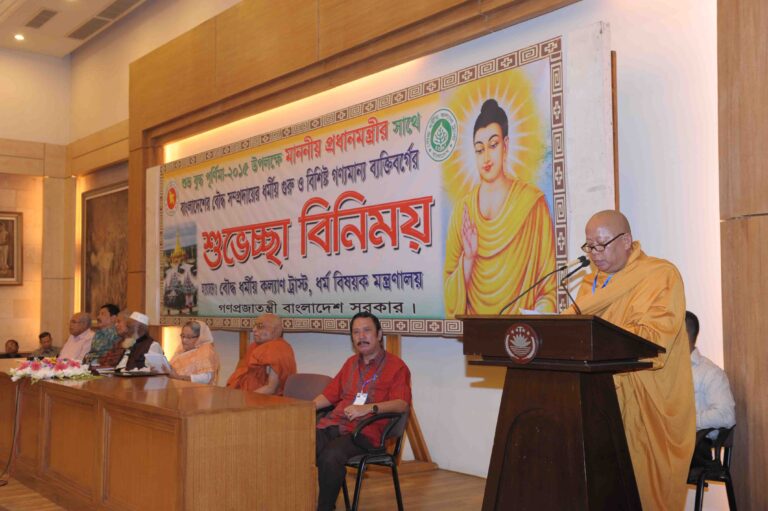
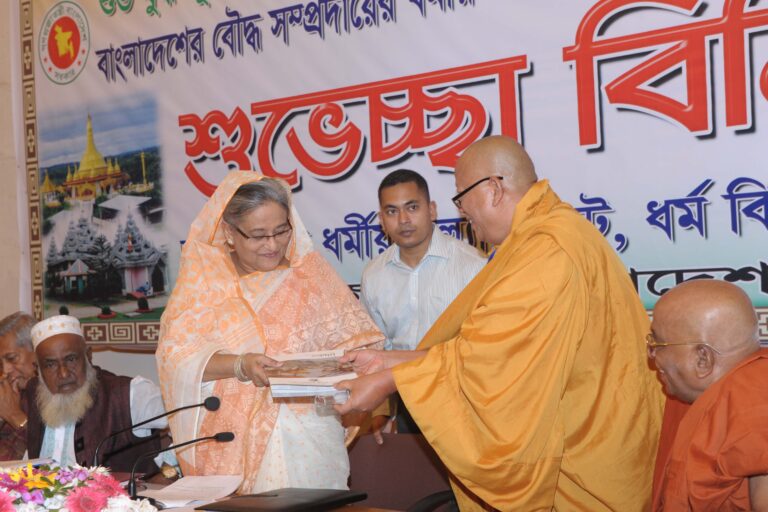

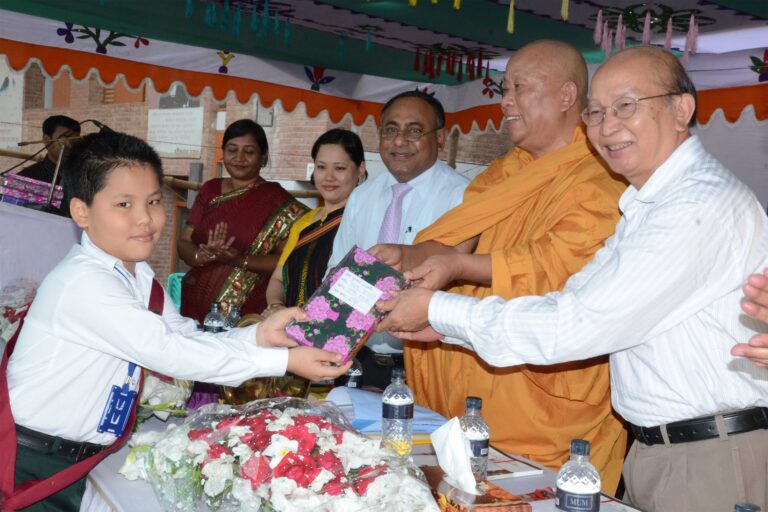
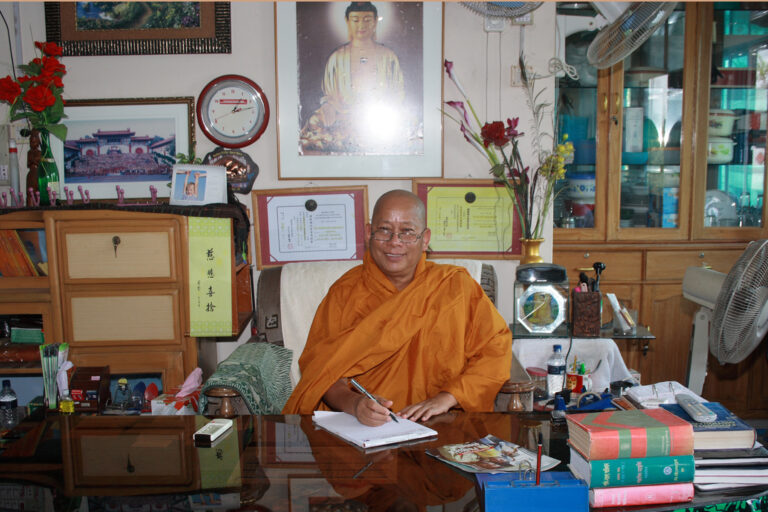
Ven. Prajnananda Mahathera.
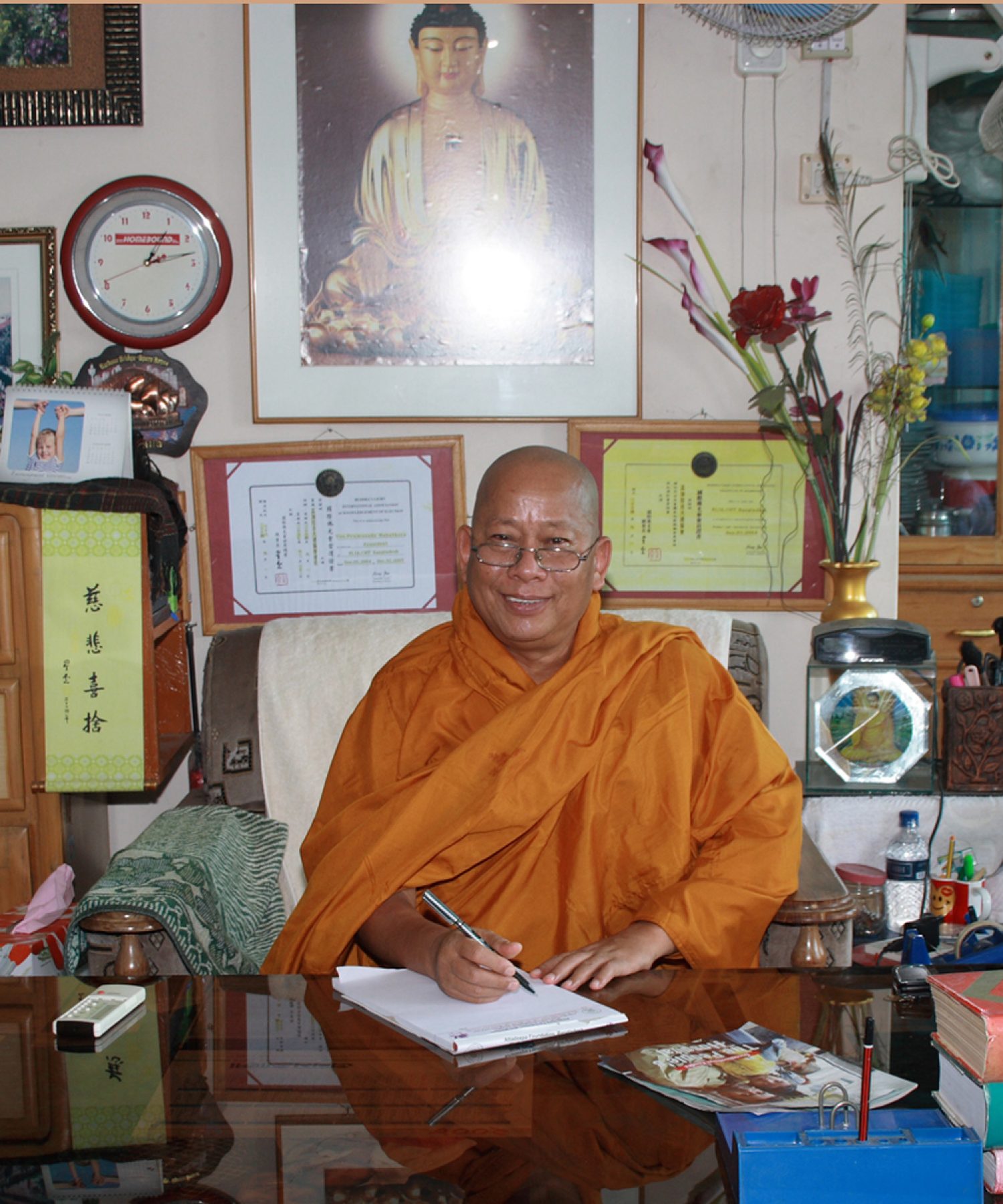
Writing About Buddhism
Contrary to popular belief, Lorem Ipsum is not simply random text. It has roots in a piece of classical Latin literature from 45 BC, making it over 2000 years old. Richard McClintock, a Latin professor at Hampden-Sydney College in Virginia, looked up one of the more obscure Latin words, consectetur, from a Lorem Ipsum passage, and going through the cites of the word in classical literature, discovered the undoubtable source. Lorem Ipsum comes from sections 1.10.32 and 1.10.33 of “de Finibus Bonorum et Malorum” (The Extremes of Good and Evil) by Cicero, written in 45 BC. This book is a treatise on the theory of ethics, very popular during the Renaissance. The first line of Lorem Ipsum, “Lorem ipsum dolor sit amet..”, comes from a line in section 1.10.32.
The standard chunk of Lorem Ipsum used since the 1500s is reproduced below for those interested. Sections 1.10.32 and 1.10.33 from “de Finibus Bonorum et Malorum” by Cicero are also reproduced in their exact original form, accompanied by English versions from the 1914 translation by H. Rackham.

